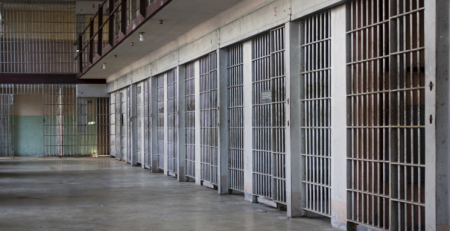Infrastructure and Construction in the Developing World
 How can politics and ethnicity effect infrastructure in the developing world? Well, we don’t have to look very far, in fact we’ve seen this play out in the first-world very often in the past century. We don’t even have to look past the gold ol’ US of A.
How can politics and ethnicity effect infrastructure in the developing world? Well, we don’t have to look very far, in fact we’ve seen this play out in the first-world very often in the past century. We don’t even have to look past the gold ol’ US of A.
The concept of “housing discrimination” probably hasn’t gotten enough attention. It one of the biggest blights on American history since Jim Crow. It was essentially a legal practice of declining to give mortgages or sell property to Black Americans. Legally it was argued that the presence of black families would reduce the property value, hence there was damage that would be done to the neighbors and other property owners.
We saw this play out post World War II, where veterans returning home from fighting the war were told they could not benefit from the GI bills statutes on VA-loans, because they were trying to by homes in the wrong neighborhood.
This is the most obscene example of this practice (and the fact that it was perpetrated on veterans returning home from war is just further disgusting), but it plays out in various other ways throughout the world.
Thankfully new building construction in major cities throughout the world is protected, and even encouraged to be in underutilized areas through programs such as HUBZone, low income housing is subsidized through tax incentives, and discriminatory practices are strictly outlawed.
Of course the most common is probably also the most under-reported, because it simply relies on the “preferences” of those buying or selling homes. This type of “hidden” racism will likely be a problems for many generations into the future. In fact, most cases the issue of discrimination is not an institutional one, because people simply don’t have the money to buy! This leads to effective ghettos, even if they aren’t enforced ghettos like we’ve seen in autocratic regimes.
This is one reason why subsidizing housing blocks in otherwise high income areas is so important. It helps to breed a mingling of the classes and avoid the effective segregation that happens when income strata “naturally” separate based on home or rent prices. It might be decried as “unnatural” or a kind of redistribution of wealth, but history has proven that action like this is necessary to avoid segregational effects.













Leave a Reply